Getting older can bring people lots of joy, like grandchildren and the freedom of retirement.
Unfortunately, aging increases health risks. One of the hardest health risk to prevent or to predict is an elderly person's risk for falls.
Due to the age of bones, osteoporosis and general bone brittleness, falls can be dangerous, often resulting in a broken bone. In the best case scenario, it's a broken arm or if you're really lucky, only a bruise. In reality, nine out of ten hip fractures in the elderly are caused by falls.
We know that elderly people are at risk for falls as an age group, but what specifically raises risk? We explore that below.
Top 5 Risks for Elderly Falling
The fall risks for the elderly are more complicated than just tripping and falling over something, though that does happen. Other than clutter, many factors interact to determine a fall.
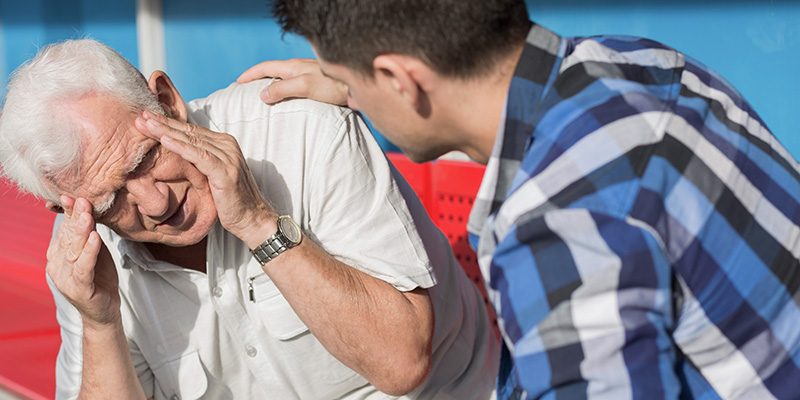
Postural Hypertension (Blood Pressure)
You know that feeling when you stand up too quickly and get lightheaded? For seniors, this can be a chronic problem. The cause, in both cases, is the change of blood pressure from sitting to standing.
When you're sitting, your body is at rest and doesn't need to work as hard. The motion of standing is generally sudden and makes your body do work. This dizzy feeling can be prolonged at older ages. This is what causes them to fall.
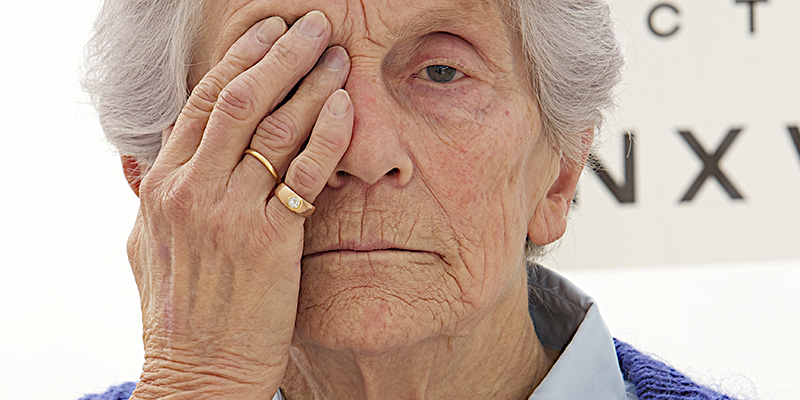
Bad Vison
Eyes work less efficiently as we age. This can be a risk for falls especially in dim lighting or new surroundings. Simply not seeing things very well can cause seniors to fall.
Make sure the facility they're living in is well lit and eye-care appointments are attended often. Remembering to wear glasses helps too!
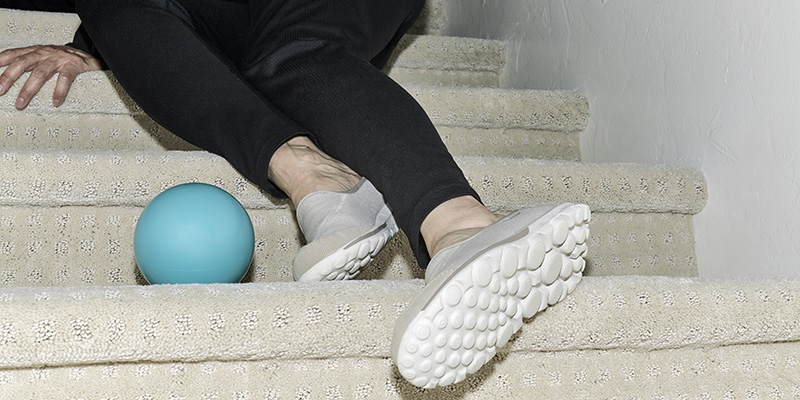
Slower Reflexes
Everyone has inbuilt reflexes to help you avoid danger, such as blinking when something comes towards your face. As you age, these reflexes get slower and that starts to become dangerous. Slower reflexes are one of the reasons drunk driving is so deadly.
When it comes to risk for falls, the elderly's reflex to move their foot last minute or to catch themselves is too slow. A close-call that would be easily avoided by a younger person is a huge cause of falls in the elderly.
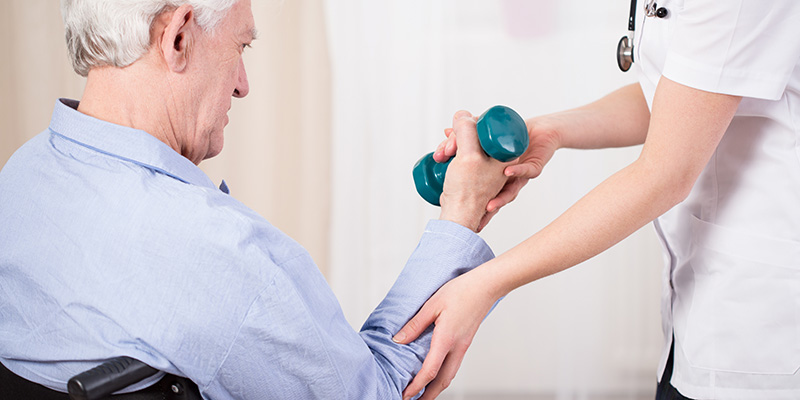
Muscle Weakness
There are a large number of older people who don't exercise regularly or who stopped years ago. As the body ages muscles weaken naturally unless you keep working them.
This is why it's important for elderly people to exercise.
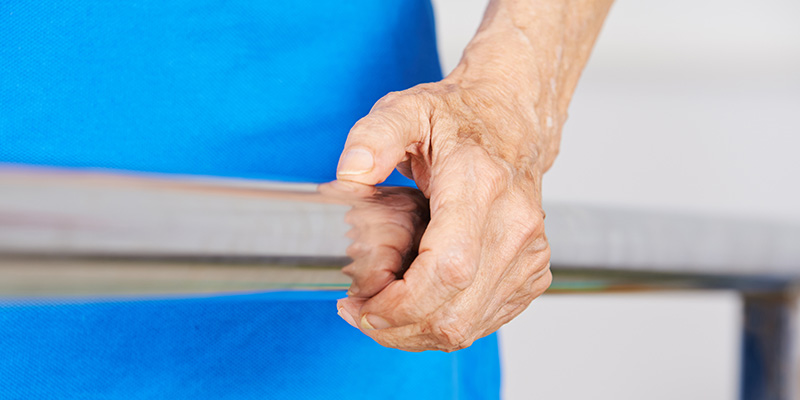
No Hand Rails
You know those long silver bars next to the toilets in public bathrooms? They aren't there for decoration. They are used to help seniors up off of the toilet. The action of getting up and down from beds/chairs/etc is a time when many seniors experience a fall.
These handrails should be accessible and strong wherever seniors are living.
Seniors falling can be scary, harmful, and sometimes even deadly. What are you doing to keep your aging loved ones safe?
At the Indepent Living Center, we offer a range of services aimed at helping senior lead fulfilling lives in a safe environment. Get in touch with us today!
